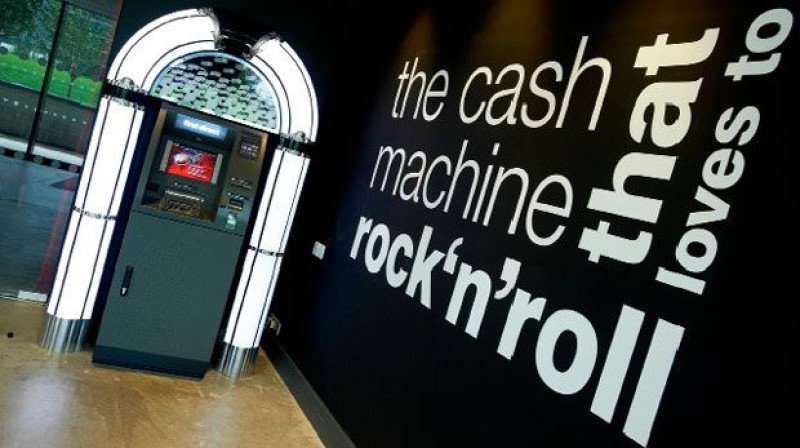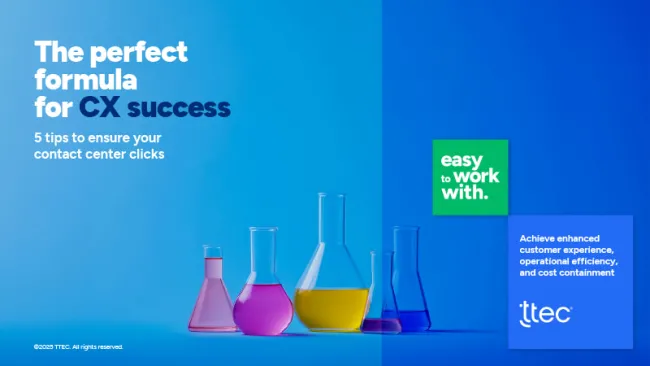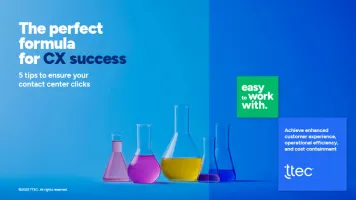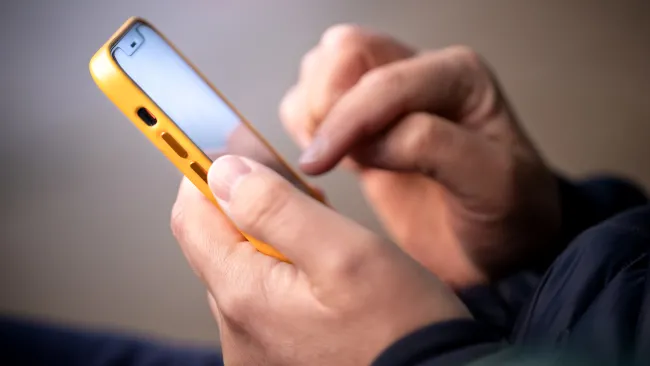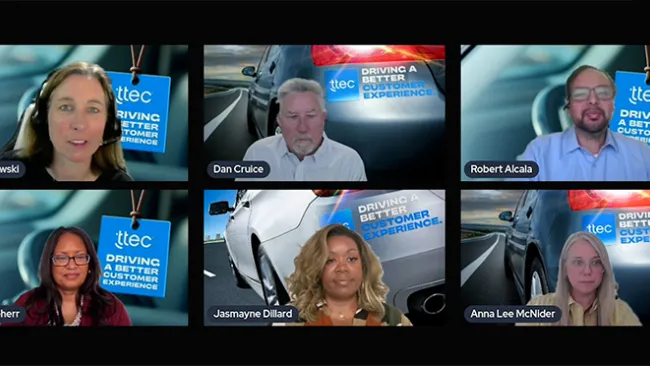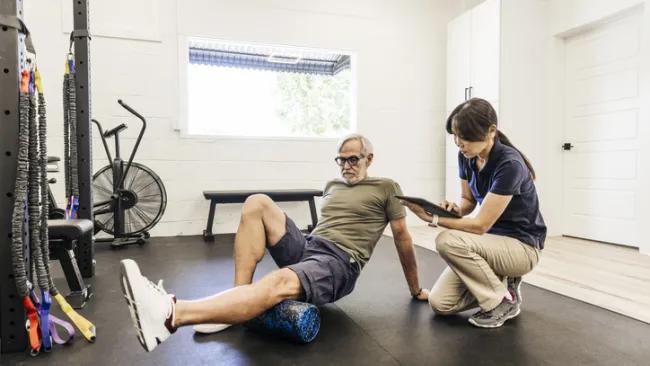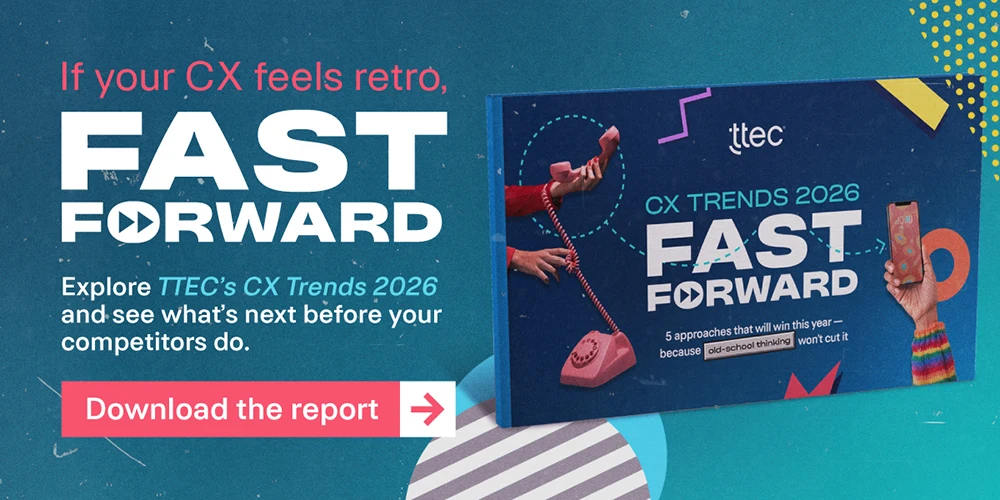Loyal customers are what organizations strive for, but customers do not give their loyalty easily. Companies need to work hard to earn it by delivering on their promises and wowing customers with great service that anticipates their needs.
The financial sector is not necessarily top-of-mind when it comes to using customer experience as a differentiator. But First Direct, a subsidiary of HSBC, takes customer service seriously and is constantly striving to understand its clients, preempt their needs, and deliver the best experience to make customers' lives easier. Tracy Garrad, the bank's head, notes that part of First Direct's strength lies in its focus on customers. Everything the organization does revolves around its customers and being open, honest, and transparent. Garrad recently sat down to discuss the strategy in more detail.
Customer Strategist: Being customer centric is essential in today's uber-competitive world. What makes First Direct a customer-centric entity?
Tracy Garrad: When we were conceived we started with the word 'customer' on a blank piece of paper, so everything we do has the customer in mind. We launched in 1989 and 24 years later we still strive to ensure the customer is well looked after. Where we can, we don't follow scripts. Our people on the phones are trained to have a conversation with the caller and if there is an issue, take ownership and resolve it themselves. Our customers are at the heart of everything we do. We always remember that our customers have made a choice to bank with us and we don't take that for granted.
CS: Customer expectations are constantly changing, led by new technologies and innovations. Can you share some changes that you have seen in your customers over the years and how First Direct has adapted?
TG: The smartphone is here to stay. We started as the first telephone bank and became one of the first Internet banks, so we had to make sure we were at the forefront of the developing mobile technology. We were the first bank to develop a transactional banking app and we've seen usage continue to grow. The channel mix is shifting, and it's important we continue to shift with our customers, whilst continuing to provide exceptional service over the phone when the customer needs it.
CS: You market yourself as the "unexpected bank." Why is that, and what makes you unexpected?
TG: We wanted to illustrate that we're not like other banks; we outperform the other high street banks on a number of fronts. In recent years the public has fallen out of favor with the banking sector, coming to expect and learning to live with poor service, financial wrangling and unclear, stuffy communication. We're the unexpected bank because we offer consistently amazing service, transparent banking, and clear and interesting communication.
CS: You were recently named one of the coolest brands in the UK. To what do you attribute your success?
TG: When you look at other brands that have made the "cool" list like John Lewis, Aston Martin, and Apple, you start seeing common threads such as quality, excellent customer service, innovation, and thoughtful design. I think First Direct embodies these characteristics, which may come as quite a surprise to those who never thought a bank could be "cool."
Quality forms part of design and customer service, and we frequently win awards for our products. The readers of Which? voted us top for customer service in financial products with an overall score of 75 percent. Siegel+Gale named us the third most simple brand after Amazon and [supermarket] ASDA, underlining our thoughtful design.
CS: Financial institutions are often regarded warily, especially following the economic downturn. How do you make sure your actions underline that you're a trustworthy organization?
TG: Our mantra is to ensure we're open, honest, and transparent. Nothing highlights that more than a marketing campaign we did that pulled together online sentiment surrounding First Direct (positive, neutral, or negative) and displayed it all on one page, updated in real time. We shared this with the public to illustrate that whilst the majority of what was being said was positive, we were open and honest enough to admit there were some negatives. We know it's not about getting it right every time, it's about putting it right quickly when it does go wrong. A key factor in our customer engagement measurements is "trusted," and our scores consistently show that our honest approach resonates with our customers strongly.
CS: How are you leveraging social channels to communicate with customers and prospects and keep the brand strong?
TG: We're active users of Facebook and Twitter, and we've really thought about what each audience is looking for. We have a dedicated social media manager and a team that responds to digital queries and Tweets from our customers. On Twitter we have two streams—one dedicated to sharing our stories and the other to helping solve customer problems.
CS: Today's customers are mobile. Can you share First Direct's mobile strategy and how it is helping you improve your customer experience?
TG: We're keeping details on this one close to the vest at the moment, but rest assured we understand that more and more customers will access their banking on the go, so we have to provide the means to help them do this easily.
CS: What will First Direct's customer of 2020 look like, and how are you preparing for them?
TG: Our customers of the future will be around 30, independent-minded, and technologically savvy. They will see their bank as a way to facilitate their life and make it easier. We believe they'll interact with us on a more personal level, coming to us for insightful and relevant information on their finances.
They'll be busy, so they will need to access their information quickly and on the go with the minimum of fuss, but they'll still need the security of a friendly voice at the end of the phone if something goes wrong.
It's not terribly dissimilar to our customer today! Because, whilst technology advances, people still want the same things; time to do what they enjoy; the knowledge that their money is secure; easy access to their finances, and human interaction. This is what we provide now and will continue to provide in the future.
